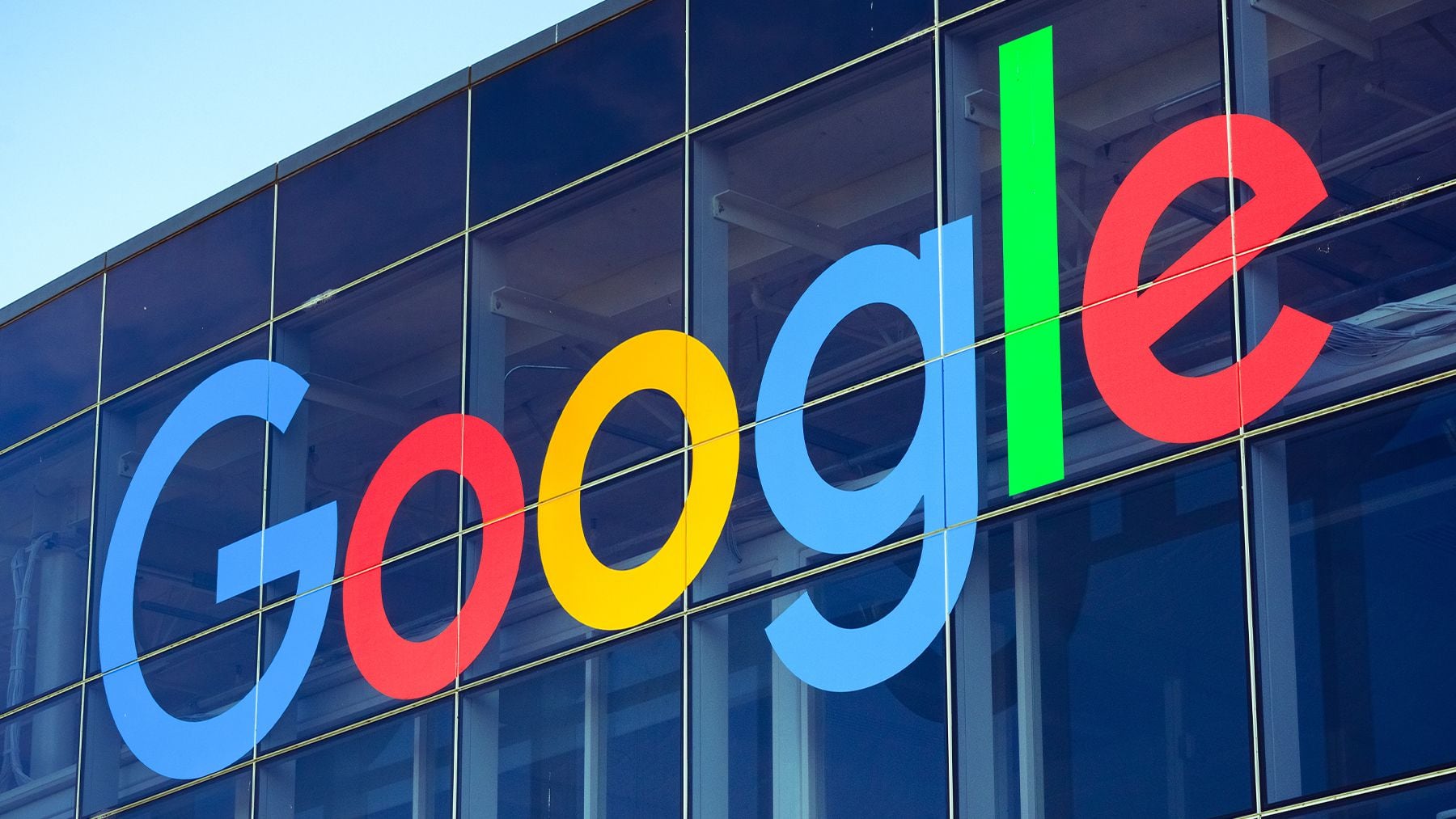
Google delayed its plan to phase out cookies, software that lets marketers track users, in its Chrome browser this year, pushing to 2025 a move that will ultimately transform how advertisements are targeted on websites.
The Alphabet Inc. company said in a blog post Tuesday that it’s still working with the ad industry and regulators on the plan, including the UK’s Competition and Markets Authority, which is conducting a review of Google’s practices. Google said it hopes to eliminate third-party cookies early next year, provided it can come to an agreement with regulators.
“We recognise that there are ongoing challenges related to reconciling divergent feedback from the industry, regulators and developers, and will continue to engage closely with the entire ecosystem,” the company said.
Google has been talking with publishers, marketers and regulators about its plan to replace cookies, the software marketers use to track people’s online activity and tailor ads accordingly, through an initiative known as the Privacy Sandbox.
Google’s decision to phase out cookies echoes moves by Apple Inc., which shook up the digital ad market in 2021 by restricting advertisers’ access to user data in its operating system. But at a time when tech giants are facing mounting antitrust scrutiny, some experts are concerned Google’s move to do away with cookies could increase its power in the market for digital ads, where it already plays a dominant role.
By Julia Love
Learn more:
Are You Using Consumer Data Ethically?
A push for privacy is forcing companies to change the way they gather and use consumer data to sell products online. Here’s how fashion brands can adapt.


